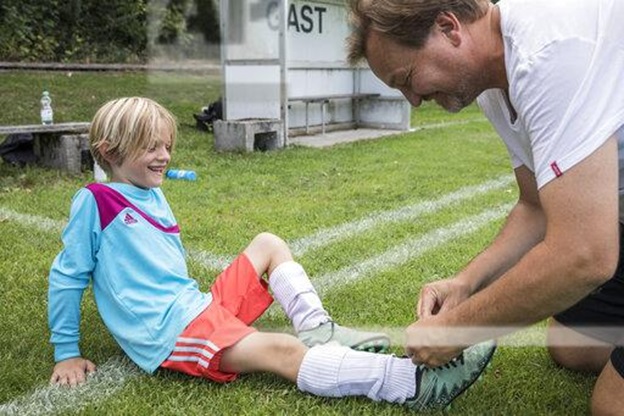Everyone says that the mental side of sports outweighs the physical side. But frankly, despite being an avid athlete myself, I hadn’t thought much about it. It was only this spring during the varsity soccer season when I truly came to realize the influence of mentality in sports.
As a freshman last school year, I would say I received some slack for the mindset I had. I was amongst the youngest of team – just out of 8th grade – and had barely played in any varsity level competitions before. Just like my fellow inexperienced teammates, I would get angry at the referees, shed tears after high pressure games, and beat myself up about every mistake I made on the field. Yet, throughout the season, there would always be upperclassmen to look up to – the more experienced athletes who have learned to block out distractions and preserve the winning mindset.

[Source: Associated Press]
Every athlete knows that confidence will make or break a performance and that it’s an essential characteristic to have. But, even for the most elite athletes, confidence is a dynamic and unstable thing. It’s susceptible to change depending on multiple factors such as the environment, opponent, injury, etc. For many, sophomore year is when off-field concerns begin to affect sports. With the added workload and stress from school, staying focused can be a challenge, which is why recognizing confidence in yourself is so important.
I know that my own confidence begins to emerge when I am physically fit and capable of succeeding. In a soccer context, this could mean not being afraid of going up against a bigger girl, not letting opponents knock me down, or even getting knocked down and climbing right back up again unaffected. However, sometimes that isn’t what happens, and it’s necessary to face the reality of the game. In soccer, there are eleven opponents who want to knock you down. It’s a contact sport, so there is always the fear of injury. And oftentimes, you will feel like physical size makes an overwhelming difference in ability.

[Source: Associated Press]
After lots of reflection during and after the season, I’ve realized that I don’t want to leave my confidence to chance. Soccer is too significant to me and my life for something like mentality to affect how much I can enjoy it. Mentality is influenced by many things, and it can never be perfected. But measures can be taken to grasp control over it, and just recognizing that is a great place to start.
Rachel Kahng, Grade 11
Seoul Foreign School

